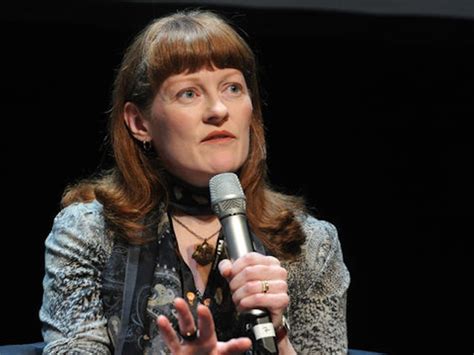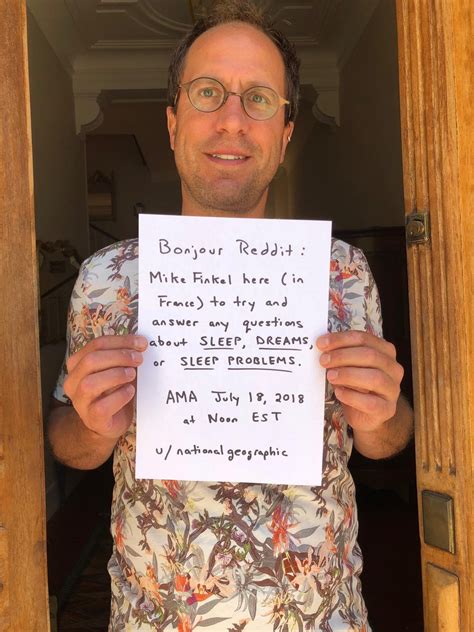A Quote by Brion Gysin
The resulting texts always took a narrative term, enigmatic at first but ultimately explicit and often premonitory. The semantic distribution of these basic elements diverted them from their original meaning, thus revealing their real significance. Henceforth, every form of writing will consist of an operation of decoding, of contamination, and of sense perversion. All this because all language is essentially mystification, and everything is fiction.
Related Quotes
Rather than thinking of sound and sense in my essays as two opposing principles, two perpendicular trajectories, as they are often considered in conversations around translation, or even as two disassociated phenomena that can be brought together to collaborate with more or less success, I think of sound as sense. Sound has its own meaning, and it's one of the many non-semantic dimensions of meaning in language. I want to emphasize is the formal dynamic between language-as-information and language-as-art-material.
Once a poet always a poet, and even though I haven't written poems for a long time, I can nonetheless say that everything I've ever learned about writing lyrical fiction has been informed by three decades of writing in lines and stanzas. For me the real drama of fiction is almost always the drama of the language.
In a sense, journalism can be both helpful and detrimental to a writer of fiction because the kind of writing you need to do as a journalist is so different. It has to be clear, unambiguous, concise, and as a writer often you are trying to do things that are more ambiguous. I find that writing fiction is often an antidote to reading and writing too much journalism.
The new education must consist essentially in this, that it completely destroys freedom of will in the soil which it undertakes to cultivate, and produces on the contrary strict necessity in the decisions of the will, the opposite being impossible. Such a will can henceforth be relied on with confidence and certainty.
Narrative, fiction filmmaking is the culmination of several art forms: theater, art history, architecture. Whereas doc filmmaking is more pure cinema, like cinema verité is film in its purest form. You're taking random images and creating meaning out of random images, telling a story, getting meaning, capturing something that's real, that's really happening, and render this celluloid sculpture of this real thing. That's what really separates the power of doc filmmaking from fiction.
A myth is a way of making sense in a senseless world. Myths are narrative patterns that give significance to our existence. Whether the meaning of existence is only what we put into life by our own individual fortitude, as Sartre would hold, or whether there is a meaning we need to discover, as Kierkegaard would state, the result is the same: myths are our way of finding this meaning and significance.
Basic would never have surfaced because there was always a language better than Basic for that purpose. That language was Joss, which predated Basic and was beautiful. But Basic happened to be on a GE timesharing system that was done by Dartmouth, and when GE decided to franchise that, it started spreading Basic around just because it was there, not because it had any intrinsic merits whatsoever.
There is really no fiction or non-fiction; there is only narrative. One mode of perception has no greater claim on the truth than the other; that the distance has perhaps to do with distance - narrative distance - from the characters; it has to do with the kind of voice that is talking, but it certainly hasn't to do with the common distribution between fact and imagination.
There's basically an element of fiction in everything you remember. Imagination and memory are almost the same brain processes. When I write fiction, I know that I'm using a bunch of lies that I've made up to create some form of truth. When I write a memoir, I'm using true elements to create something that will always be somehow fictionalized.









































